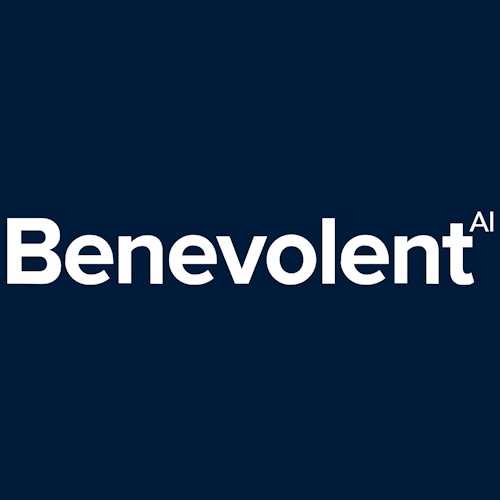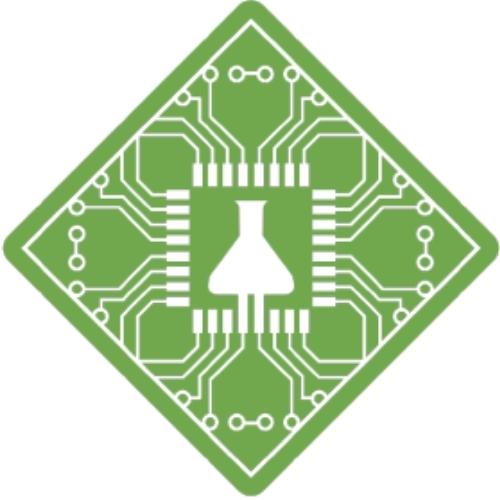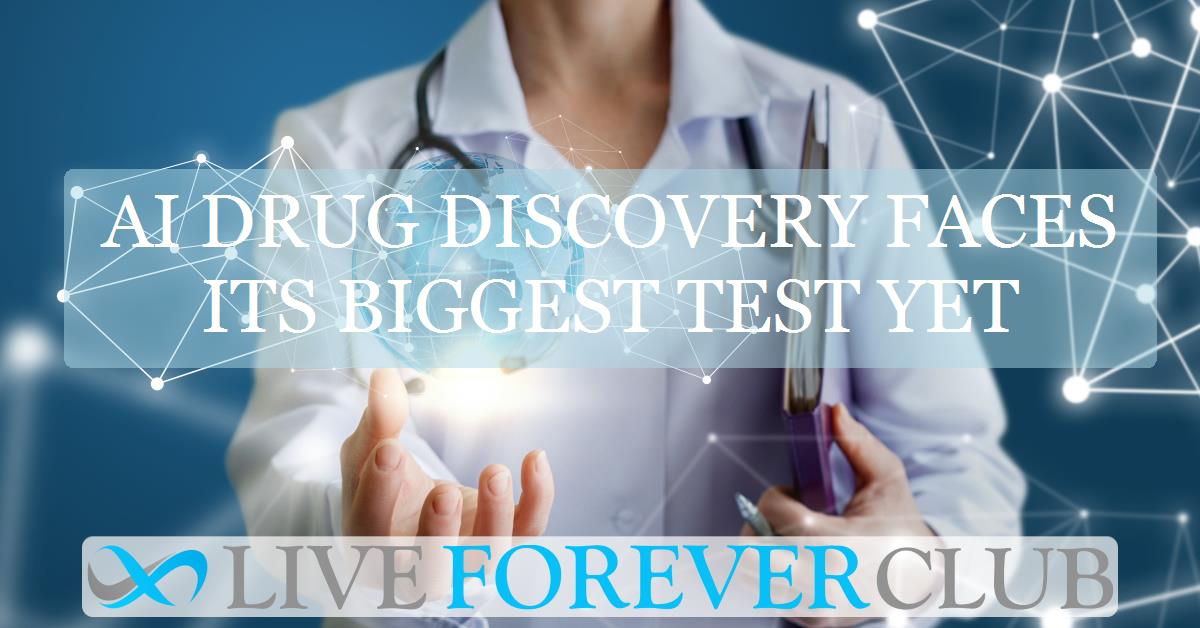Key points from article :
For the first time, a drug designed with the help of artificial intelligence (AI) may be on the verge of entering a phase 3 clinical trial — the crucial last step before regulatory approval. The experimental treatment, rentosertib, developed by InSilico Medicine, targets idiopathic pulmonary fibrosis, a serious lung-scarring condition. A recent study of 71 patients in China found the drug to be safe, and the company now hopes to show it is also effective. If successful, this would mark a major milestone in proving whether AI can truly transform the way medicines are discovered.
AI has already shown strengths in drug discovery by rapidly sifting through huge datasets to identify promising biological targets and candidate molecules. A 2022 study led by Chris Meier, now at Boston Consulting Group, found that AI-discovered compounds in early-phase trials had higher-than-average success rates. Companies like Recursion and BenevolentAI are racing ahead, forming billion-dollar partnerships with pharmaceutical giants and accelerating development timelines compared to traditional methods.
Still, experts caution against hype. Critics such as medicinal chemist Derek Lowe and professor Andreas Bender argue that AI tends to repurpose already well-known drug targets rather than discovering truly novel ones. Moreover, while AI excels in the lab, it struggles to predict how drugs will behave in complex human systems, particularly when it comes to toxicity. The costs of failure rise dramatically at later trial stages, meaning AI-driven drug developers still face the same risks as traditional ones.
Despite recent setbacks — including layoffs, pipeline cuts, and trial terminations at several AI biotech firms — most researchers remain cautiously optimistic. Even sceptics acknowledge that computing power and algorithmic advances are steadily reshaping drug research. While AI may not yet have delivered on all its promises, its growing role in automating experiments and accelerating early discovery suggests that, in time, it could fundamentally change the economics and speed of drug development.







